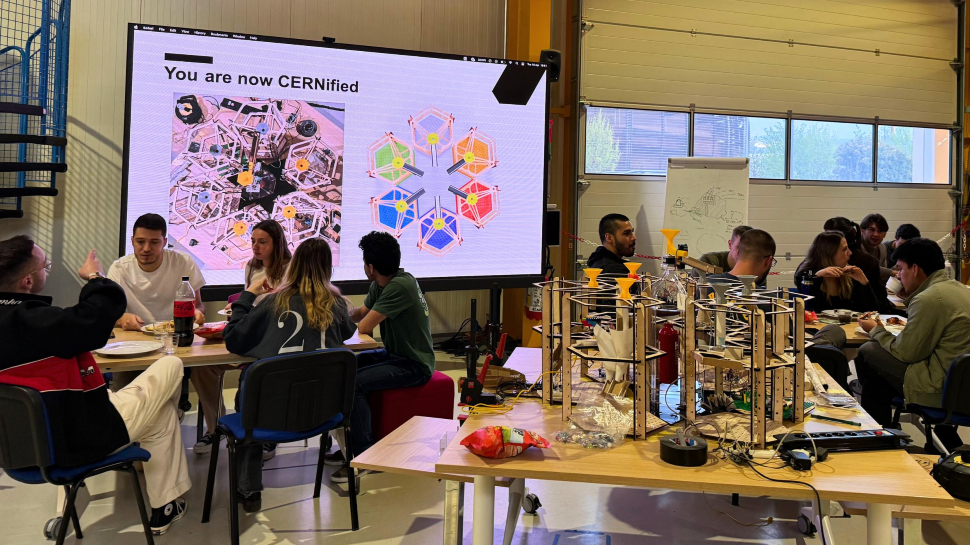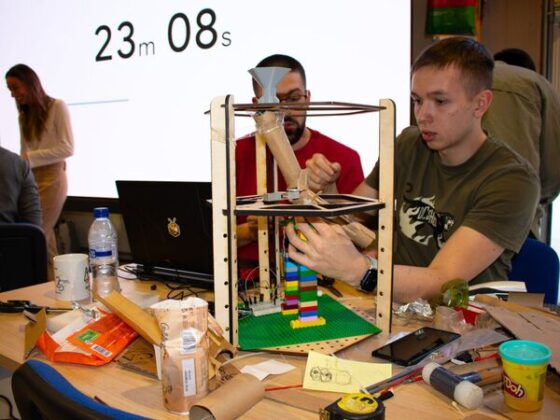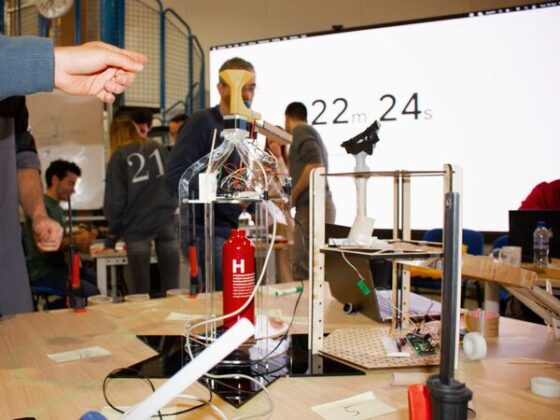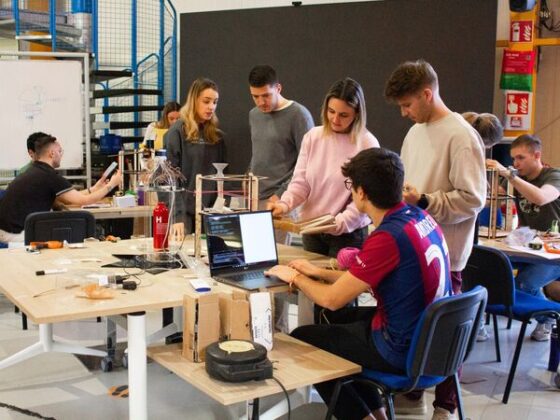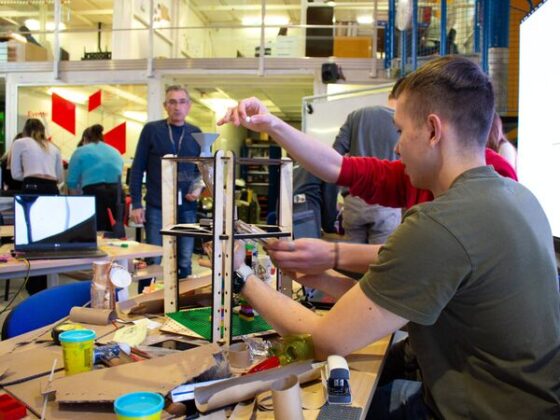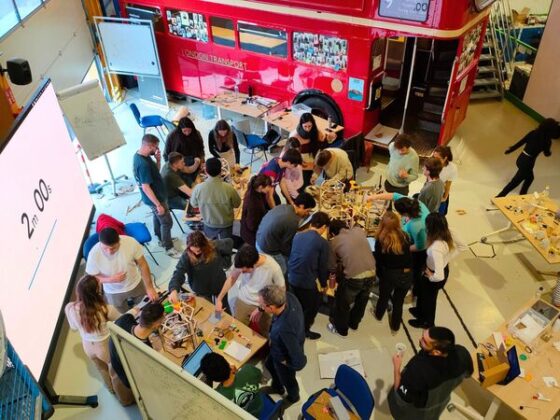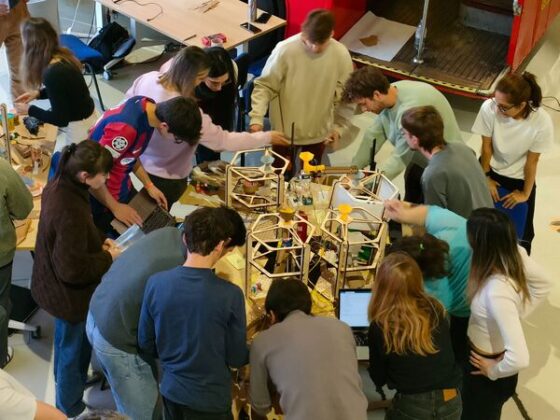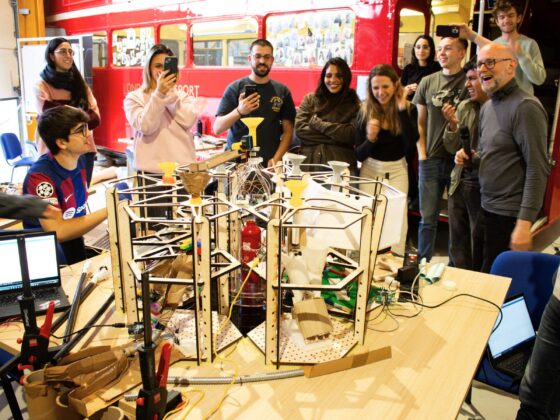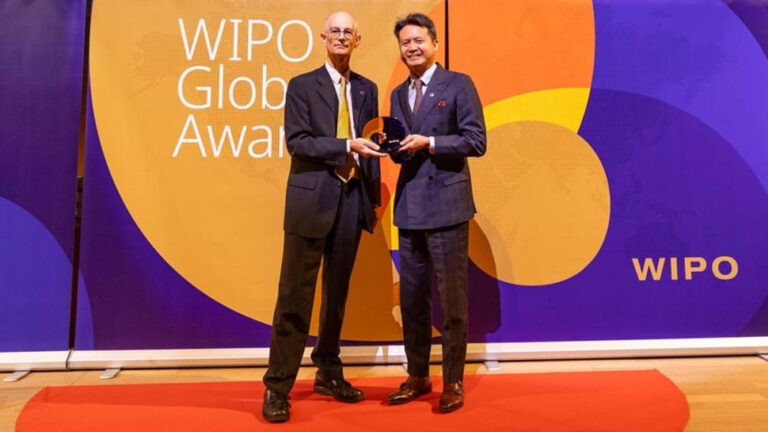The Technology for Social Innovation (TeSI) program harnesses the power of cutting-edge technologies developed under the ATTRACT initiative to address significant social needs. Through multidisciplinary collaboration among students from business, engineering, and design backgrounds, it aims to identify disruptive applications and business models.
Coordinated by Fusion Point, Esade, in collaboration with IED Barcelona and UPC, the program fosters innovation, communication skills, and teamwork. It strives to develop solutions that have a tangible impact on society. During this 10-week program, students work with projects that have been pre-selected following a user-centred design process: Design Thinking, Lean Startup Systems Thinking and the scientific method in general. By doing that they learn to develop and assess their potential impact as they seek out areas of social need where that technology might provide a solution.
The current edition of TeSI started on February 16th and is composed of 29 students in total: 9 from Esade’s Master’s in Business Analytics, 9 from IED’s Master in Virtual Reality and 11 from UPC’s Master in Computer Science, Telecommunications and Electronics. The students work in six multidisciplinary teams and are working with three R&D&I projects from ATTRACT phase 2: AHEAD, HYGER and MetaHiLight.
Recently, they visited IdeaSquare, the innovation space at CERN and, after learning about the Large Hadron Collider (LHC), the world’s largest and most powerful particle accelerator, they participated in a Make-a-thon where they had to build their own particle collider detector using plastic, metal and glass balls, and classify them using Arduino and a Load Cell Mass sensor. They had to identify and differentiate the “particles” through the collision, collect data and collaborate with different teams to achieve a collective structure. It was the first time the Fusion Point team organized this activity as a joint adventure with Aalto University and the IdeaSquare team. It was such a multidisciplinary effort among the course faculty.
In addition to this workshop, they had the opportunity to meet the research teams of AHEAD and MetaHiLight in person, and HYGER online, to discuss their project ideas of technology applications, ask questions and have long meaningful and inspiring discussions.
The multidisciplinary teams will continue to participate in different activities that will help them to develop a new solution concept and present a prototype and a social impact model in the Final Presentation that will be held at Fusion Point on May 24th.
Discover more about the TeSI program here.
